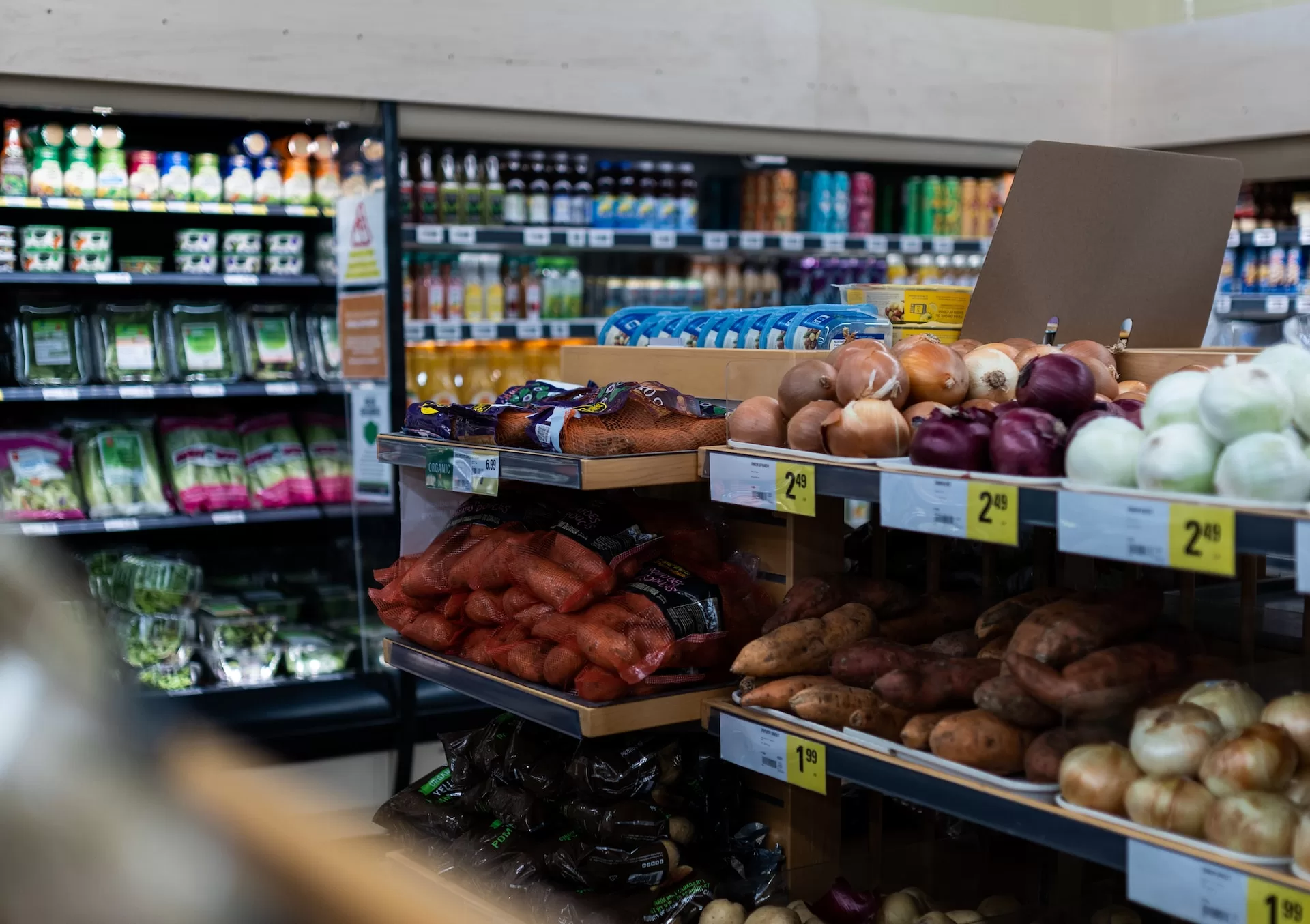Food
Grocery code launch being held back by some retailers: Board report

(File Photo: Dillon Kydd/Unsplash)
After two years of work, the group responsible for developing the grocery code of conduct says its launch is being held back by a lack of support from two major grocers.
“We’re at an impasse,” said Michael Graydon, CEO of the Food, Health & Consumer Products of Canada association and chair of the interim board for the code.
The board sent a progress report to the federal, territorial and provincial agriculture ministers earlier this week.
“There is a concern that without the full participation of all major grocers, the implementation of the Code would create an unlevel playing field and put affected stakeholders at a competitive disadvantage,” the report reads.
Without the support of all major grocers, the interim board said it can’t proceed in implementing the required steps to launch the code.
“What we’re faced with now is no consensus and a failure to achieve what industry has told us they would achieve without government intervention. To say this is disappointing would be an understatement,” said federal agriculture minister Lawrence MacAulay.
The code was always intended to be industry-led, but the industry has “failed to meet the moment,” he said. “We’re actively examining all available federal options [and] that includes legislation. I’ve also met with my colleague, (federal industry minister Francois-Philippe Champagne), and his provincial and territorial counterparts. As key aspects of the Code would fall under provincial jurisdiction, we asked them to do the same.”
The interim board has paused its efforts to hire an adjudicator for the code as a result of Loblaws and Walmart being unwilling to sign on, and can’t start recruiting official memberships either, said Graydon. Despite having “virtually the entire supply chain” in agreement, without the two biggest players on board, other companies won’t want to agree to rules that could disadvantage them, he said.
“The code is designed to fundamentally change the behaviour of the large retailers. If they’re not in, then the behaviour doesn’t change. There’s no need for anybody else to join,” he said. “So until we get this retail situation fixed, we’re at a stalemate.”
The report obtained by The Canadian Press includes the latest draft of the code, and a draft of the bylaws for the Office of the Grocery Sector Code of Conduct.
Recently, Loblaws and Walmart Canada expressed concern that the code could raise costs for Canadian consumers. Executives from both companies spoke at a House of Commons agriculture committee meeting in Ottawa last week on stabilizing food prices.
Loblaws chair Galen Weston told MPs the grocer will sign the code, but not in its current form because of concerns it will give too much negotiating power to large multinational manufacturers.
The grocer previously said the code could raise food prices for Canadians by more than a billion dollars.
Loblaws’ position hasn’t changed, said spokeswoman Catherine Thomas in an email. “We remain aligned to a code of conduct, but will not sign one that is not in the best interest of our customers.”
Walmart Canada chief executive Gonzalo Gebara told MPs that the company is not currently in a position to commit to the code, because of “provisions that create bureaucracy and cost, cost that will inevitably end up on shelf prices.”
Spokeswoman Sarah Kennedy confirmed Walmart’s position also has not changed, saying in an email that the company has “strong reservations” about the last draft it saw, but will continue to provide feedback in the hopes a solution can be found.
“We’ve fulfilled the mandate that they gave us, which was for industry to develop this code,” said Gary Sands, a member of the interim board and senior vice-president at the Canadian Federation of Independent Grocers. But the board doesn’t have the power to compel all the major players in the industry to sign on, he added.
“It’s now left to governments to come up with ways to ensure that everyone’s participating.”
Graydon said he still hopes the industry can come to a solution that doesn’t involve government, but failing that, he thinks there could be an opportunity for a hybrid solution where governments mandate participation in the code while the industry still administers it.
Executives from Metro and Empire have said they will sign the code. But in an emailed statement, Metro spokeswoman Marie-Claude Bacon said “there’s not much point in an industry code that doesn’t apply to the whole industry.”
Metro president and CEO Eric La Fleche told the agriculture committee earlier this week that the participation of all grocers and suppliers is essential to the code’s success.
A steering committee with members from the food industry was created to develop the grocery code of conduct. Now, with the office of the code incorporated, that committee has become the interim board of directors.
With Graydon as chair, the vice-chair is Diane Brisebois, president and CEO of the Retail Council of Canada, according to the report.
The board is still open to constructive changes that will improve the clarity of the code, but no substantive changes that would weaken the code, said Sands.
If governments decide to regulate the code into being mandatory, Sands said this could create a patchwork approach across the country.
His organization is “very concerned at the possibility of having different provinces take different approaches to the code, where we could see some provinces enact a code and other provinces don’t enact a code,” Sands said.





















